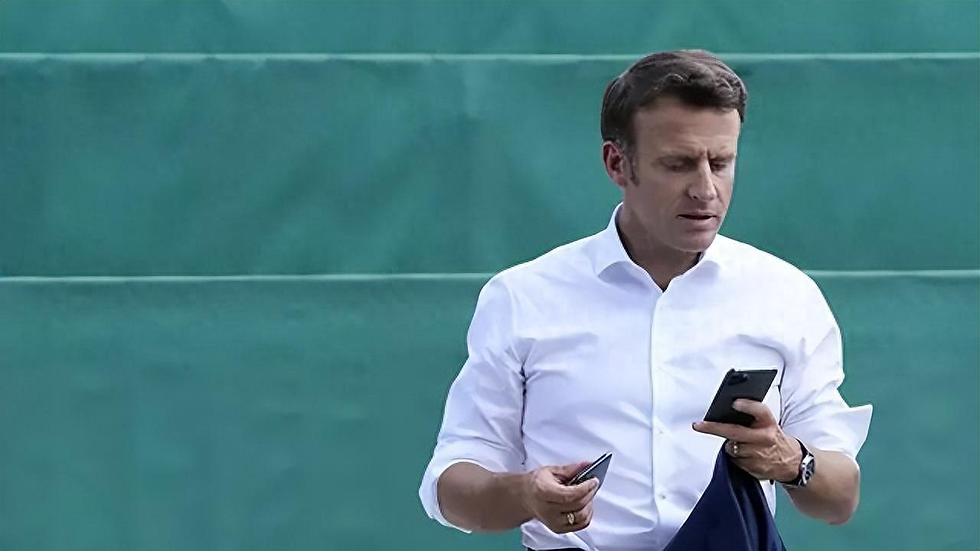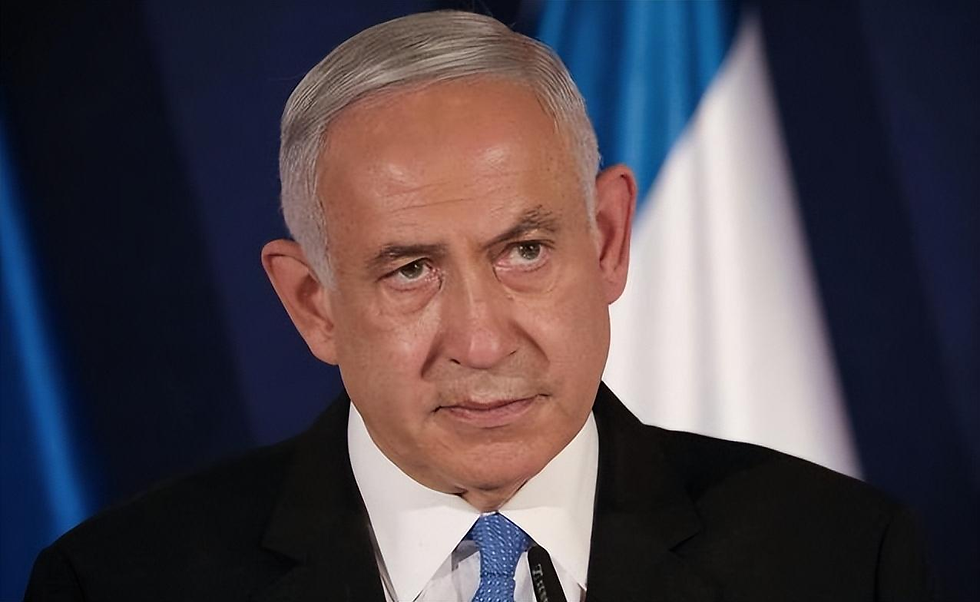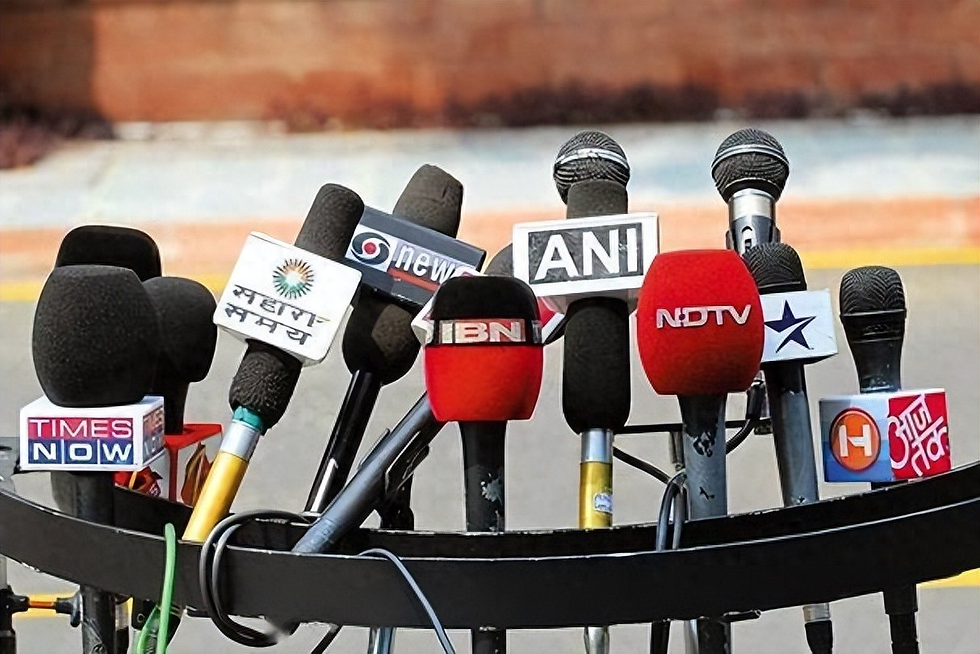Four heads of state visit Beijing, while Macron warns that "the European Union is at a moment of life or death."
- CosDream News

- Jun 7, 2024
- 3 min read
The Middle East and the European Union, two regions that once had drastically different destinies.
The Middle East was once synonymous with turmoil and poverty, while the European Union was a symbol of prosperity and strength.
However, recently, there has been a 180-degree reversal of fortunes.
Leaders of four Middle Eastern countries willingly traveled to Beijing to attend the China-Arab States Ministers' Meeting, while during this time, Macron issued a warning that "the European Union is facing a moment of life or death."
How did all this come about?
On May 30th, the 10th China-Arab States Cooperation Forum Ministerial Meeting was held in Beijing.
Surprisingly, the kings of Bahrain, the presidents of Egypt and Tunisia, and the president of the United Arab Emirates all personally attended the meeting in Beijing.
What exactly was so attractive about this? According to the Egyptian newspaper "Al-Ahram," the main topics of this meeting will include cooperation in new energy, technology, and economic and trade fields.
Clearly, these four countries also hope to participate in cooperation between China and Arab states in these areas.
Previously, the United States had intervened in Middle Eastern affairs but had never been welcomed and supported by Middle Eastern countries as sincerely as China has been.
Since intervening in Middle Eastern affairs, the United States has established many military bases in the region, supported proxies like Israel, and plundered a large amount of oil from Middle Eastern countries.
The Middle East is currently experiencing war, poverty, death, and suffering.
Even though US hegemony in the Middle East is relatively declining, its support for Israel, which is still acting recklessly in the region, has caused humanitarian disasters, not only occupying 80% of Palestinian territory but also causing serious humanitarian crises.
In contrast, since entering the Middle East, China has always adhered to the principle of win-win cooperation.
China does not support proxies in the Middle East, nor has it initiated any wars or plundered resources from the Middle East.
China's Belt and Road Initiative has brought development and prosperity to the Middle East.
Moreover, China has facilitated a "century-long reconciliation" between Saudi Arabia and Iran, triggering a "chain reaction" in the Arab world, greatly alleviating tensions in the Middle East.
Saudi Arabia is one of the early countries with which China has deeply cooperated.
In the process of cooperating with China, Saudi Arabia has benefited greatly. Not only has its economic structure become more reasonable, but its technological development level and defense capabilities have also made significant progress.
The changes in Saudi Arabia are evident to other Arab countries, so the four friendly countries with China are willing to attend the 10th China-Arab States Ministers' Meeting.
In stark contrast, the atmosphere in the European Union is generally heavy now.
The European Union was founded with the intention of maintaining a relatively independent position internationally through unity and cooperation among European countries.
However, because the European Union blindly follows the footsteps of the United States, it has not brought much benefit to the European Union.
On the contrary, some of the European Union's policies have brought it many troubles, such as actively absorbing foreign refugees.
Especially recently, following the United States' sanctions against Russia has led to energy shortages, increasing the EU's dependence on oil and gas supplies from Russia.
However, due to US intervention, the EU's energy supply is facing huge challenges.
In addition, extreme conservatism is rising within the EU. If this situation continues to worsen, the EU will face the risk of disintegration.
Therefore, French President Macron issued a warning, calling on Europe to promote strategic autonomy and reduce US influence on the European Union.











Comments